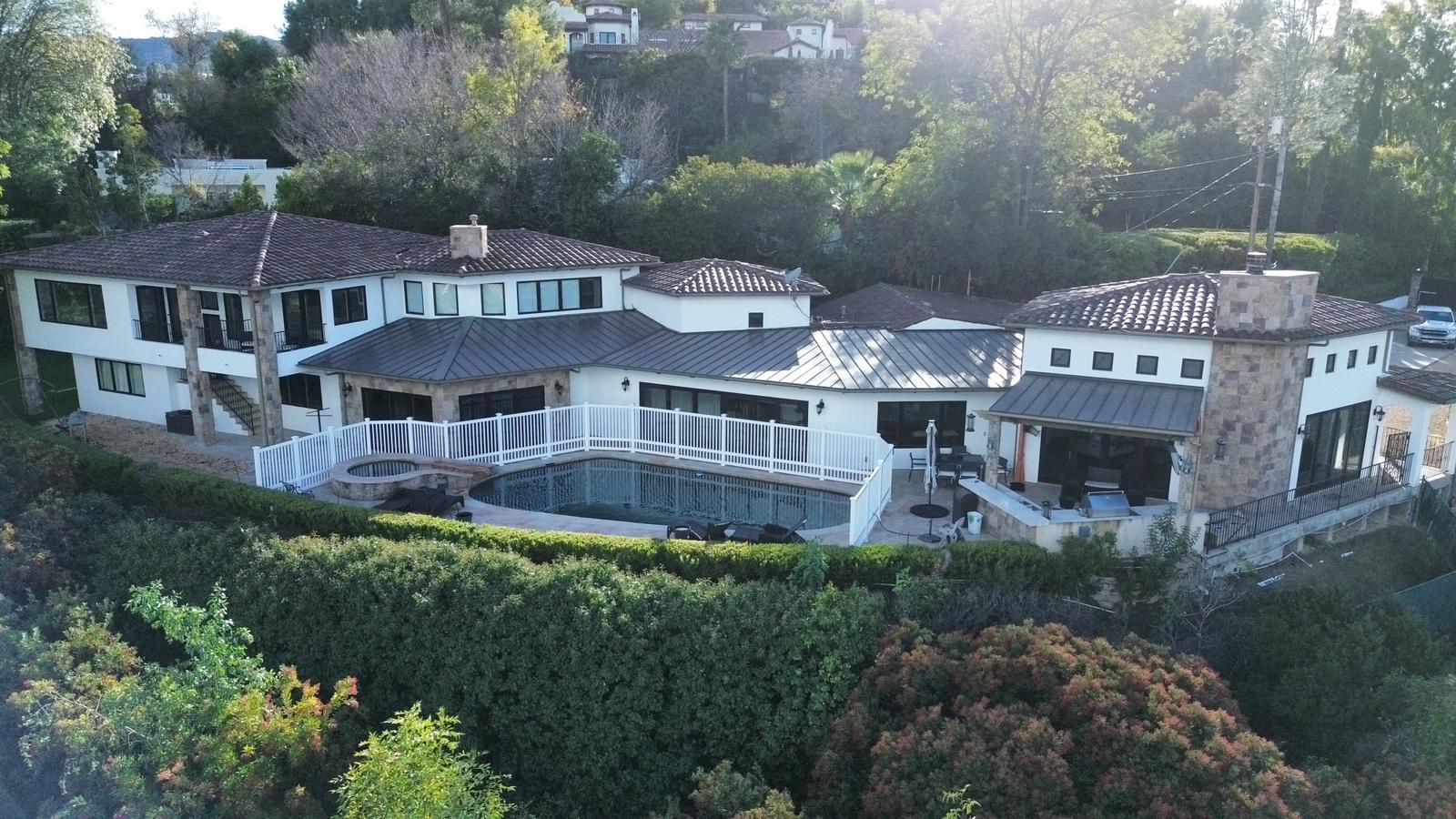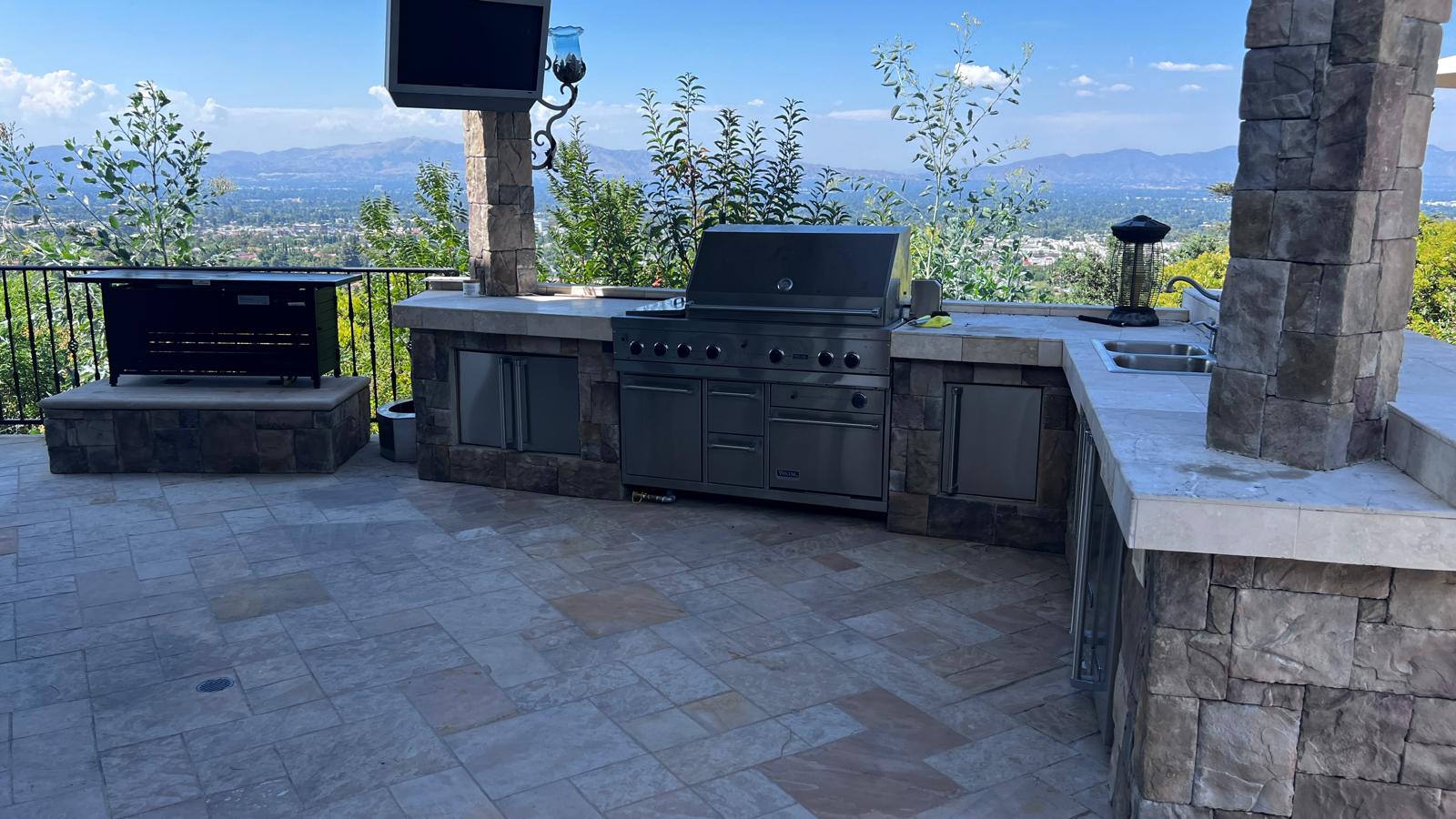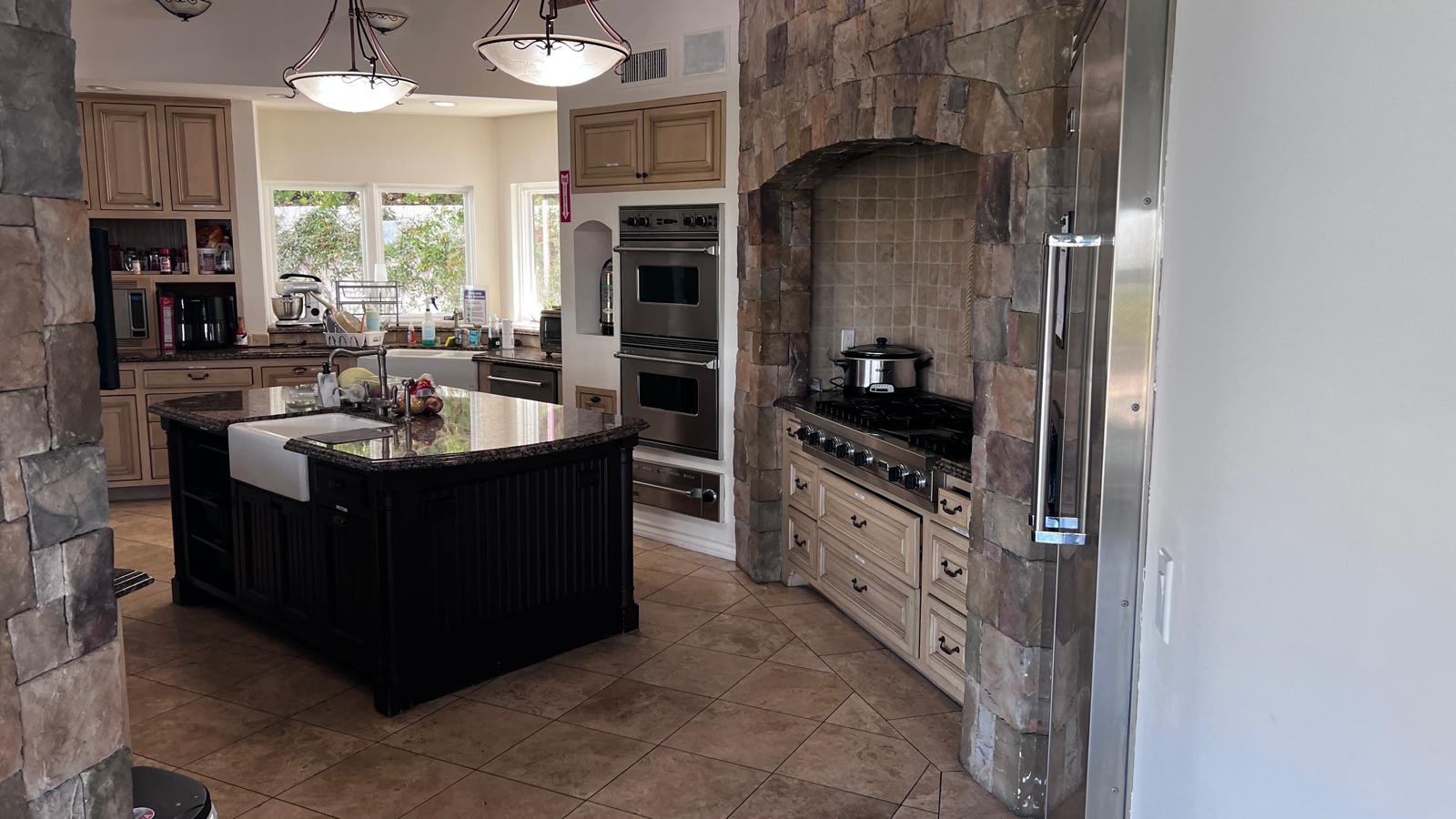When addiction takes hold of your life or that of a loved one, finding the right path to recovery becomes paramount. Inpatient residential treatment represents one of the most comprehensive approaches to overcoming substance abuse and co-occurring mental health disorders. This intensive form of care provides individuals with the structured environment, professional support, and therapeutic interventions necessary to break free from the cycle of addiction.
After three decades of working with individuals struggling with addiction, I’ve witnessed countless transformations that began with the decision to enter residential treatment centers. The journey toward sobriety requires courage, commitment, and often a level of support that can only be found in a dedicated treatment environment.
Understanding Inpatient Residential Treatment
Inpatient residential treatment involves living at a specialized facility while receiving comprehensive care for addiction and related mental health conditions. Unlike outpatient programs where individuals return home each day, residential treatment provides 24-hour supervision and support in a controlled environment designed specifically for healing and recovery.
This level of care typically follows medical detoxification and serves as a bridge between acute medical intervention and long-term recovery maintenance. Residential treatment centers create therapeutic communities where individuals can focus entirely on their recovery without the distractions, triggers, and stressors present in their everyday environments.
The residential model recognizes that addiction affects every aspect of a person’s life – physical, psychological, social, and spiritual. Therefore, treatment approaches are holistic, addressing not just the substance use disorder but the underlying issues that contributed to its development.
Core Components of Effective Programs
Successful addiction treatment programs incorporate multiple evidence-based therapeutic modalities tailored to meet individual needs. Medical supervision remains a cornerstone of quality residential care, ensuring that any lingering physical effects of substance use are properly managed while monitoring for potential complications.
Individual therapy sessions form the backbone of psychological treatment, allowing residents to work one-on-one with licensed therapists to explore the root causes of their addiction. These sessions often utilize cognitive-behavioral therapy, dialectical behavior therapy, or trauma-informed care approaches.
Group therapy provides peer support and the opportunity to learn from others facing similar challenges. These sessions help residents develop communication skills, practice vulnerability in a safe environment, and build the social connections that are crucial for long-term recovery success.
Family therapy components recognize that addiction affects entire family systems. By involving family members in the treatment process, programs can address dysfunctional patterns, improve communication, and create stronger support networks.
Specialized Treatment Approaches
Drug and alcohol rehab programs have evolved significantly, incorporating new understanding about the neurobiological aspects of addiction and the importance of addressing co-occurring conditions. Many residential facilities now specialize in treating specific populations or types of addiction.
Mental health residential treatment addresses the complex interplay between substance use disorders and mental health conditions such as depression, anxiety, PTSD, or bipolar disorder. This dual diagnosis treatment approach recognizes that successful recovery often requires treating both conditions simultaneously.
Trauma-informed care has become increasingly recognized as essential for many individuals seeking addiction treatment. Childhood trauma, domestic violence, combat exposure, and other traumatic experiences often contribute to the development of substance use disorders.
Some facilities offer specialized programs for specific demographics, such as young adults, professionals, LGBTQ+ individuals, or those with co-occurring eating disorders. These specialized tracks provide more targeted interventions and peer support from others with similar backgrounds.
The Luxury Residential Treatment Experience
Luxury residential treatment centers have emerged to address the unique needs of individuals who require privacy, comfort, and premium amenities during their recovery journey. These facilities typically offer lower staff-to-client ratios, private accommodations, gourmet meals, and access to alternative therapies such as equine therapy, art therapy, or adventure-based interventions.
While comfort might seem secondary, research indicates that reduced stress can actually enhance treatment outcomes. When individuals feel safe and comfortable in their environment, they’re often more willing to engage fully in the therapeutic process.
Luxury facilities also tend to offer more comprehensive aftercare planning and alumni support programs, recognizing that successful recovery extends far beyond the initial treatment period.
Duration and Treatment Phases
The length of stay in long-term residential treatment varies significantly based on individual needs, severity of addiction, presence of co-occurring disorders, and previous treatment history. Short-term programs typically last 28 to 30 days, while long-term programs can extend from 60 to 90 days or longer.
Research consistently demonstrates that longer treatment durations correlate with better outcomes. The first 30 days often focus primarily on stabilization, adjustment to the treatment environment, and initial therapeutic engagement. The brain requires time to heal from the neurological damage caused by chronic substance use.
Extended treatment periods allow for deeper therapeutic work, the development of more robust coping strategies, and the practice of new behaviors in a supportive environment before returning to independent living.
Evidence-Based Therapeutic Interventions
Modern substance abuse treatment relies heavily on interventions that have been scientifically validated. Cognitive-behavioral therapy helps individuals identify and change thought patterns that contribute to addictive behaviors. This approach teaches practical skills for managing cravings, avoiding high-risk situations, and developing healthier responses to stress.
Motivational interviewing techniques help individuals explore their ambivalence about change and develop internal motivation for recovery. This approach is particularly effective for individuals who may feel pressured into treatment.
Mindfulness-based interventions have gained significant support in addiction treatment research. These approaches help individuals develop greater awareness of their thoughts, emotions, and physical sensations without immediately reacting to them.
Family systems therapy recognizes that addiction affects entire family units and that recovery is most successful when family members are engaged in the healing process.
Holistic and Complementary Approaches
Contemporary rehabilitation facilities increasingly recognize the value of holistic approaches that address the whole person rather than just the addiction. These might include yoga, meditation, acupuncture, massage therapy, and nutritional counseling as adjuncts to traditional therapeutic interventions.
Physical fitness programs help restore physical health that may have been compromised by years of substance use while providing healthy outlets for stress and natural mood elevation through exercise-induced endorphins.
Creative therapies such as art, music, or writing can provide alternative means of expression and processing emotions that may be difficult to verbalize. These approaches can be particularly valuable for individuals who have experienced trauma.
Spiritual or mindfulness components help many individuals develop a sense of meaning and purpose that supports their recovery motivation. This might involve traditional 12-step approaches, meditation practices, or exploration of personal values and life goals.
Medical Supervision and Healthcare
Medical oversight remains crucial throughout the residential treatment process, even after initial detoxification is complete. Many individuals entering treatment have underlying medical conditions that may have been neglected during active addiction.
Psychiatric evaluation and medication management are often necessary components of treatment, particularly for individuals with co-occurring mental health disorders. The residential setting allows for careful monitoring of medication effectiveness and side effects.
Nutritional rehabilitation addresses the physical depletion that often accompanies chronic substance use. Many individuals enter treatment malnourished and require structured meal plans and nutritional supplementation to restore physical health.
Sleep disorders are common among individuals in early recovery, and the residential setting allows for the implementation of sleep hygiene protocols and medical intervention when necessary.
Building Life Skills and Coping Mechanisms
Effective residential programs go beyond addressing the addiction itself to help individuals develop practical life skills necessary for maintaining sobriety. This includes financial management, job search skills, relationship building, stress management, and time management capabilities.
Relapse prevention planning involves identifying personal triggers, developing specific strategies for managing high-risk situations, and creating detailed plans for addressing warning signs of potential relapse.
Communication skills training helps individuals repair damaged relationships and build new, healthy connections. Many people struggling with addiction have lost important social skills or have primarily interacted with others in the context of substance use.
Stress management techniques are crucial since stress is one of the most common triggers for relapse. Individuals learn various approaches from relaxation techniques and exercise to time management and problem-solving strategies.
The Role of Peer Support
The community aspect of residential treatment provides unique benefits that cannot be replicated in individual therapy or outpatient settings. Living alongside others facing similar challenges creates opportunities for mutual support, shared learning, and meaningful relationships based on recovery.
Peer support groups within the residential setting allow individuals to practice skills they’ll need for community-based support groups after treatment. Many lifelong friendships and support networks are formed during residential treatment.
The residential community also provides opportunities to practice conflict resolution, compromise, and cooperation skills essential for healthy relationships and successful community living.
Continuing Care and Long-term Recovery
Recovery from addiction is a lifelong process that extends far beyond the initial treatment period. The most successful residential programs provide comprehensive continuing care planning and support to help individuals maintain their recovery.
Ongoing therapy recommendations might include individual counseling, group therapy for continued peer support, or specialized interventions for trauma, family relationships, or other specific concerns.
Support group participation is often a crucial component of long-term recovery maintenance. Many individuals benefit from 12-step programs, SMART Recovery, or other peer support groups that provide ongoing motivation and accountability.
Regular follow-up contact with the treatment facility or alumni programs helps maintain connection to the recovery community and provides support during challenging periods.
Frequently Asked Questions About Inpatient Residential Treatment
What is the difference between inpatient and outpatient treatment?
The primary distinction lies in the level of structure and supervision provided. Inpatient rehab requires individuals to live at the treatment facility 24 hours a day, typically for 30 to 90 days or longer. This provides constant supervision, removes access to substances, and eliminates environmental triggers. Outpatient treatment allows individuals to continue living at home while attending therapy sessions several times per week. Inpatient treatment is generally recommended for individuals with severe addictions, multiple previous treatment attempts, co-occurring mental health disorders, or unsafe home environments.
How long does inpatient residential treatment last?
Treatment duration varies based on individual needs, but most programs range from 30 to 90 days. Short-term programs typically last 28-30 days and focus on initial stabilization. Long-term programs of 60-90 days or more allow for deeper therapeutic work and skill development. Research consistently shows that longer treatment durations correlate with better outcomes, as the brain requires time to heal from the neurological effects of chronic substance use.
How much does inpatient residential treatment cost?
Costs vary significantly depending on facility type, location, length of stay, and services provided. Basic residential programs might cost $6,000 to $20,000 for a 30-day program, while luxury facilities can cost $30,000 to $100,000 or more per month. Many insurance plans now cover addiction treatment at parity with other medical conditions, significantly reducing out-of-pocket costs. Many facilities offer financing options, payment plans, or sliding scale fees.
Do insurance companies cover inpatient residential treatment?
Yes, most insurance plans are required to cover addiction treatment at parity with other medical conditions under federal legislation. However, coverage varies by plan, and some may require pre-authorization or have specific network requirements. It’s essential to verify coverage details, including copayments, deductibles, and any limitations on treatment duration or facility types.
What happens during a typical day in a residential treatment program?
Daily schedules are structured to maximize therapeutic benefit while providing variety and opportunities for personal growth. A typical day might begin with breakfast and a morning meeting, followed by individual therapy sessions, group therapy, educational workshops, and therapeutic activities such as art or recreational therapy. Evenings often include support group meetings, family therapy sessions, or structured recreational activities. The structured schedule helps individuals develop healthy routines and time management skills.
Is inpatient residential treatment effective?
Research consistently demonstrates that quality inpatient residential treatment is highly effective for treating addiction and co-occurring disorders. Success rates vary, but studies typically show 40-60% of individuals maintaining sobriety for at least one year after treatment completion. Factors that enhance effectiveness include longer treatment duration, family involvement, comprehensive aftercare planning, and continued participation in support groups after treatment.
What are the benefits of inpatient residential treatment?
Residential treatment offers numerous advantages including 24-hour supervision, removal of access to substances and environmental triggers, peer support from other residents, comprehensive services addressing all aspects of addiction, and intensive treatment allowing for accelerated progress. The structured environment allows individuals to focus entirely on recovery without external distractions, and many form lasting friendships and support networks during treatment.
What should I pack or bring to an inpatient residential treatment center?
Most facilities provide detailed packing lists, but general recommendations include comfortable, weather-appropriate clothing, personal hygiene items, necessary prescription medications (managed by facility staff), comfortable shoes for exercise, and personal comfort items such as photos or books. Most facilities restrict certain items for safety reasons, including electronic devices with internet access, over-the-counter medications, and any items containing alcohol.
What happens after inpatient residential treatment?
Successful transition requires comprehensive discharge planning including arrangements for ongoing outpatient therapy, psychiatric care if needed, sober living housing, employment planning, and involvement in community support groups. Many individuals benefit from step-down levels of care such as intensive outpatient programs before transitioning to standard outpatient care. Alumni programs provide ongoing support and connection to the recovery community.
How do I find the right inpatient residential treatment center for me or a loved one?
Selecting the appropriate treatment center requires careful research and consideration of multiple factors. Assess the level of care needed, verify that potential facilities are properly licensed and accredited, research treatment philosophy and approaches, and consider practical factors such as location, insurance acceptance, and cost. Many facilities offer tours or informational sessions, and professional referrals from physicians or therapists can provide valuable guidance.
Grand View Villas Recovery Center in Encino, California, provides luxury residential treatment services with comprehensive medical supervision, evidence-based therapeutic interventions, and holistic recovery approaches. Our experienced team specializes in treating addiction and co-occurring mental health disorders in a supportive, comfortable environment designed to promote lasting recovery. Contact us today to learn more about how our personalized treatment programs can support your recovery journey.





